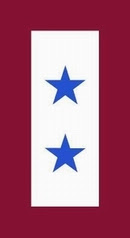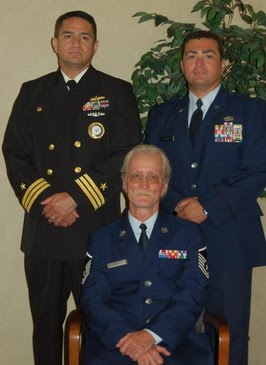Protection of sources is the most plausible reason I've been able to identify for The Times's woeful explanation in the article and for the silence of Mr. Sulzberger and Mr. Keller. I base this on Mr. Keller's response to me: "There is really no way to have a full discussion of the back story without talking about when and how we knew what we knew, and we can't do that."Mr. Calame sent a list of 28 questions on the NSA story to Bill Keller, the executive editor and Arthur Sulzberger Jr., the publisher. Both declined to answer Mr. Calame's questions. If, as Mr. Calame suspects, both the NYT's publisher and editor are adamant about protecting the NSA story's sources, we have the makings of a legal battle-royal.
Taken at face value, Mr. Keller seems to be contending that the sourcing for the eavesdropping article is so intertwined with the decisions about when and what to publish that a full explanation could risk revealing the sources. I have no trouble accepting the importance of confidential sourcing concerns here. The reporters' nearly one dozen confidential sources enabled them to produce a powerful article that I think served the public interest.
The NYT went to great lengths to protect sources in the Plame story, although the NYT's senior management ultimately distanced themselves from Judy Miller, and Miller eventually testified before the grand jury. The current NSA story is a helluva lot more serious than the Valerie Plame disclosure. No one has ever claimed outing Ms. Plame jeopardized national security, or even jeopardized Ms. Plame, personally.
The NSA disclosure is quite another matter. I do NOT agree with Mr. Calame's assertion that "a powerful article that I think served the public interest" was produced, unless the "public interest" includes compromising US intelligence gathering methods and procedures. A general, high level description of an active US intelligence operation has been provided to anyone reading the NYT or with access to the internet, including both current and potential enemies of the United States.
The NYT has admitted omitting classified details about the NSA program from the stories it has published. I can’t prove it, but I’m quite certain Mr. Keller, Mr. Sulzberger, or any of the reporters working on the NSA story do not have security clearances with the appropriate “compartments” authorizing them access to information they’ve received and disclosed. Who else knows the omitted details of the program? What assurances do we have that these details haven’t been divulged on the cocktail party circuit? And for that matter, if the sources of this story revealed sensitive technical details of the surveillance program to the NYT, who else have they talked to?
It’s clear, to me, that a crime has been committed in publishing this story. I think it’s past time the US has a law equivalent to the UK’s Official Secrets Act. A key provision of the British law is there is no public-interest defence, and disclosure of information already in the public domain is still a crime. Journalists who repeat disclosures may also be prosecuted.
Granted, we live in an open society where free speech is both respected and protected. But we must draw a line when it comes to revealing information that seriously compromises our ability to wage war. More to the point, that line should be very bright and obvious about information that compromises our ability to interdict and render harmless the efforts of our enemies.
Enough is enough.




.jpg)




Wilson does the leaking. He then states he is her husband and entitled to legal protection, unlike the victim.
ReplyDeleteThey both then complain about the leak.